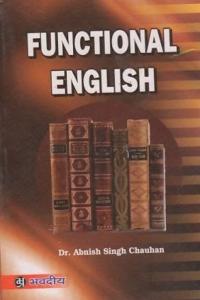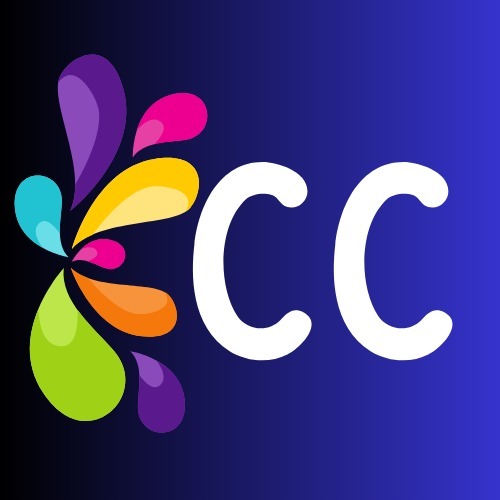Creation and Criticism
ISSN: 2455-9687
(A Quarterly International Peer-reviewed Refereed e-Journal
Devoted to English Language and Literature)
Vol. 02, Joint Issue 06 & 07 : July-Oct 2017

Functional English by Abnish Singh Chauhan
Chauhan, Abnish Singh. Functional English. Ayodhya: Bhavdiya Prakashan, 2012. Price: 95. Pp.194. ISBN 978-93-80969-64-0.
Reviewed by Manjusha Bhushan Tawase
In today’s highly competitive era, the knowledge of English has become the most essential thing. In order to succeed in the technical and professional arena, one needs to be equipped with the skills of communication. In the new millennium, industrialization has acquired new dimensions which have brought drastic changes in the style of communication. To satisfy the job related needs, one is expected to be adept in communicative English. The book, Functional English written by Dr Abnish Singh Chauhan, serves the purpose of enhancement of communicative English.
Unit one focuses on Précis Writing in which topics and subtopics are arranged in order to develop subject understanding of the reader. With the help of appropriate examples the author practically explains 7 Cs, the soul of technical writing. Unit 1, 2 and 3 cover writing skills and are divided into Précis writing, Paragraph writing, Essay writing and Dialogue writing. The units based on writing skills, systematically cover definition, objectives, significance, expected length of the written piece, preliminary steps and methods and also lay emphasis on importance of unity and coherence in technical writing. Similarly, Essay writing explains the fundamentals of understanding and reproducing English in written form. The elements of essay writing cover classification of the topic, structure and technique of writing an essay. Even Dialogue writing underlines the features of writing dialogues and also it is equipped with important tips for writing dialogues. Unit 4, Grammar is beautifully explained and made effective by using simple tables. Starting with Verb and Verb patterns, gradual focus on tenses, grammar rules and prominently the exceptions to grammar rules makes this book very informative and useful. The grammar contents like narration, voices, correction of sentences and vocabulary are well organized and presented in simple and lucid manner. Unit 5 lays emphasis on the practical approach towards literary criticism. It importantly covers general qualities of a critic, essentials of appreciating prose and poetry, examples and wonderful practice exercises. Overall, the salient features of the book can be listed as: Simple, clear and conversational language of the content; apt illustrations (tables) and examples for students to help them grasp English quickly; sufficient number of practice exercises; review questions at the end of every unit which are helpful for students in the preparation of the subject.
The book, which is very conducive for students as well as faculty members, is appreciable for the style of the author as he has successfully simplified Technical English and its usage. Significance of the book also lies in making the tougher task easy as well as interesting for the university students. Moreover, from the students’ point of view, this book meets the requirements of learning Functional English and thus proves to be very helpful in the preparation of the subject. Undoubtedly, it is an integrated approach of the author to make learning of English very simple, yet long lasting task even for average students.
Congrats!
 The Reviewer:
The Reviewer:
Young poet and critic Manjusha Bhushan Tawase, born at Akola, Maharashtra on April 27, 1972, was trained in Japanese martial arts (Karate) during her school days. At present, she is Assistant Professor in English and Communication Skills at Oriental University, Indore, M.P. She resides at 31, Rambagh, Indore. M.P. and can also be contacted at manjusha.tawase@gmail.com.


